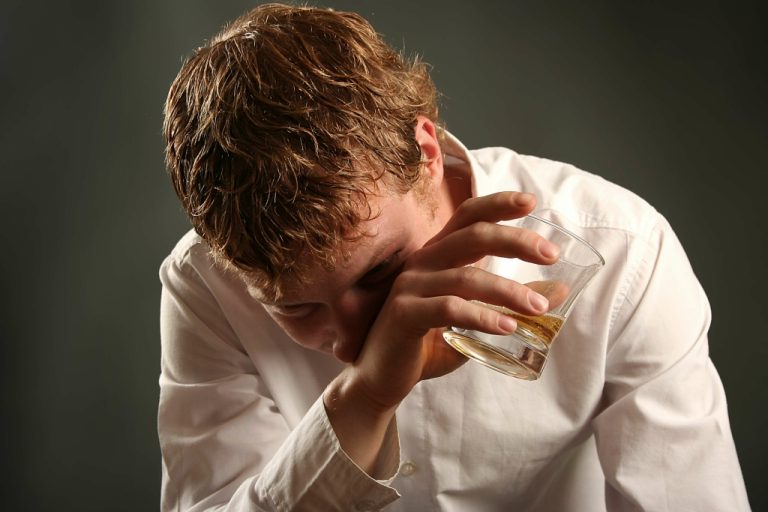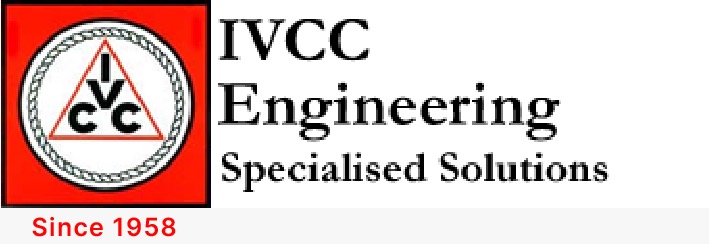Meetings are typically listed as “open” or “closed” meetings. By calling the helpline you agree to the terms of use. We do not receive any commission or fee that is dependent upon which treatment provider a caller chooses. Practice accepting other’s responses to your efforts and remember that you have done all you can. Sometimes other people need more time to accept an apology.
How effective are recovery support groups?
Sponsorship is a crucial component of the Alcoholics Anonymous program. A sponsor is an experienced member of the AA fellowship who provides guidance, support, and accountability to a newcomer or someone in the early stages of recovery. The sponsor-sponsee relationship is built on trust, honesty, and a shared understanding of the recovery process.
- Whether you are seeking intensive outpatient care or simply need guidance on your mental health journey, we are here to help.
- The essential element is acknowledging that willpower alone isn’t sufficient for recovery, and that surrendering to something beyond oneself is a crucial step in the healing process.
- He obtained his medical degree from West Virginia University where he also completed his residency training, finishing as chief resident.
- Please donate today to help us save, support, and change lives.
- Membership is open to anyone who wants to do something about their drinking problem.
Ways to Make Amends in Recovery

This inclusivity ensures that anyone struggling with alcohol misuse has access to support in a non-judgmental and welcoming environment. The history of Alcoholics alcoholics anonymous (aa) is an example of Anonymous (AA) traces back to 1935 when Bill Wilson, a New York stockbroker, and Robert Smith, an Akron surgeon, met in Akron, Ohio. Both men struggled with alcoholism and aimed to help others facing similar challenges, leading to the creation of a peer-led support network focused on shared experiences and mutual aid.
The Meeting Guide App
Has helped more than two million alcoholics stop drinking. Recovery works through one alcoholic sharing their experience with another. The purpose of this step is to reveal your anger and resentments as best you can. We are going to look at our own lives and how we may have wronged others. In this program of recovery, we take this important step with a trusted friend or sponsor. We look at our character defects and character flaws.
The Group Handbook contains a drug addiction variety of resources that many groups find helpful. New groups receive a physical copy of the handbook when they list themselves with the General Service Office. Some data show AA’s success rate is between 5 and 12 percent.2 The findings tend to vary greatly and are controversial. This flexibility allows AA to welcome people of all faiths and those with no religious background. There are no dues, fees, or financial obligations for membership. AA operates on voluntary contributions from members to cover meeting expenses, such as venue rentals and refreshments.
Choosing an Alcohol Rehab Treatment Program
Alcoholics Anonymous works by utilizing a peer-led, 12-step program that emphasizes mutual support, personal accountability, and behavioral change to achieve long-term sobriety. Members attend regular meetings where they share experiences and challenges, fostering a nonjudgmental community that reduces isolation and reinforces commitment to recovery. The program’s structure encourages participants to acknowledge their addiction, make amends for past harms, and engage in ongoing self-reflection, which aligns with therapeutic principles of cognitive and behavioral change. You don’t have to face a drinking problem alone.
The simplicity and universality of its message—emphasizing personal responsibility, spiritual awakening, and service to others—have made AA a leading model in addiction recovery. Alcoholics Anonymous, founded in 1935 in Akron, Ohio, by Bill Wilson and Dr. Bob Smith, emerged as a community-driven response to the challenges of alcoholism. Its conception marked a pivotal moment in the history of addiction treatment, shifting the narrative from hopelessness to one of recovery and mutual support.
Research shows AA works through social network changes and increased abstinence self-efficacy, with aftercare patients also benefiting from enhanced spirituality and reduced negative affect. In 2009, 5 million people attended mutual-help groups for substance problems, with AA being the most common resource for alcohol issues. AA, or Alcoholics Anonymous is an international fellowship that meets regularly to help individuals and families who struggle with alcoholism. All individuals who acknowledge they have a drinking problem and have a desire for recovery are welcome at AA meetings. Meetings welcome attendees from court programs and treatment facilities.

These steps offer a framework for self-reflection, personal growth, and spiritual development, ultimately guiding members toward recovery and a healthier lifestyle. Alcoholics Anonymous (AA) is a worldwide, peer-led mutual-aid fellowship that assists individuals in achieving and maintaining abstinence from alcohol through a structured recovery framework. Founded on principles of anonymity and support, AA provides a safe space for members to share their experiences and challenges related to alcoholism. Wilson and Smith, both struggling with alcoholism, discovered that talking about their experiences and challenges with each other played a crucial role in their journey to sobriety. This mutual support became the cornerstone of AA and led to the development of the Twelve Steps, a set of guiding principles for personal recovery and spiritual growth.
What Happens at Meetings
For some, these aspects of the program can be a stumbling block. There are no other requirements to join this fellowship and attend a meeting. A.A.’s primary purpose is to help alcoholics to achieve sobriety.
